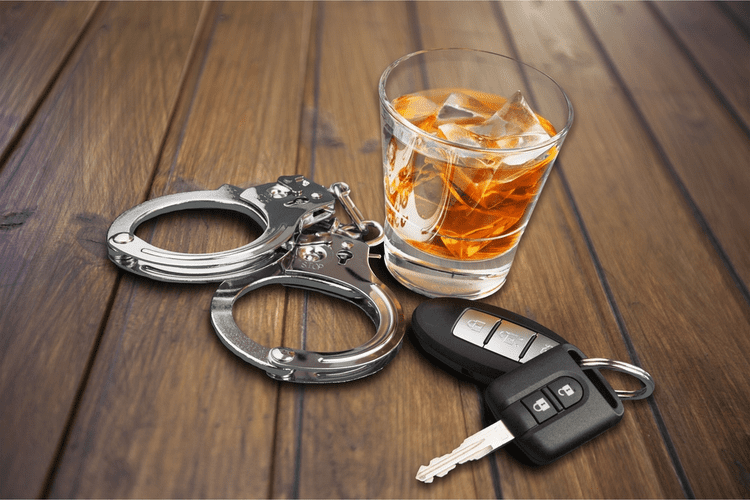In this post, best alcoholic memoirs we’ve put together nine of the best addiction memoirs and quit lit books for you to check out. From painfully honest stories to science-based tips, there’s a title on this list that’s sure to inspire and motivate you or someone in your life. This is a lesser known series of essays on the intersection of alcohol and womanhood.
- Three years sober, Jowita Bydlowska celebrates the birth of her first child with a glass of champagne, and just like that, she is spiraling back into the life of drinking she thought she had escaped.
- The book offers a poignant and raw portrayal of the impact of parental alcoholism on a young boy’s life, as well as the power of community and the search for identity.
- Mitchell S. Jackson frames the narrative around his own experiences and those of his family and community.
- Where the story they have to tell echoes others, they let us hear that echo.
by Mary Karr
- Although opting for a diet fizzy drink will ensure you’re limiting your calorie intake, ideally save this as a one off if you’re craving something sweet and looking for variety.
- I felt so much shame towards the end of my drinking and couldn’t talk to anyone about it.
- This is more than a cookbook – it’s a captivating read and a gorgeous coffee table book to peruse over and over again.
- It’s a memoir of her addiction to alcohol, and her subsequent recovery, and her conversion to Catholicism.
I mean help, whether in the form of identification, solace or instruction. I said this convention concerned reading more directly than writing, but—since all good writing involves deep sensitivity to the reader’s experience—the two things are ultimately inseparable. For one kind of author, helping the reader is the whole point of writing an addiction memoir; for another, even to consider doing so would be aesthetically fatal. My guess is that most addiction memoirs involve some kind of compromise between the author’s aesthetic and ethical impulses. This ethical dimension (or an aesthetic impurity) is a distinctive aspect of addiction memoir as a literary form. The Easy Way to Control Alcohol by Allen Carr is a revolutionary book about alcoholics that challenges traditional methods of dealing with alcohol addiction.

Which Alcoholics book is best?
By addressing causes rather than symptoms, it is framed as a permanent solution rather than lifetime struggle. It removes the psychological dependence; allowing you to easily drink less (or stop drinking entirely). Sarah’s writing is sharp and relatable; a more recent, modern voice in the recovery space. So many of us look at “blacking out” as benign, or normal—an indicator of a “successful” night of drinking.

Blackout: Remembering the Things I Drank to Forget by Sarah Hepola
It’s a relatively new genre of books helping people (particularly women) reassess their relationship with drinking. The books tend to be memoirs, written by those who’ve been through the process of giving up alcohol themselves, with some self-help guides and psychology-based books in there too. Educated by Tara Westover is a gripping memoir about a woman’s journey from a turbulent childhood in rural Idaho to earning a PhD from Cambridge University. Raised by survivalist parents with extreme beliefs, Tara https://thewebcube.com/the-difference-between-halfway-houses-and-sober/ Westover grew up isolated from society and without formal education. The book chronicles her struggle to break free from her family’s oppressive upbringing, including her father’s refusal to seek medical help for severe injuries and her mother’s skills as a midwife.
“Drinking: A Love Story” by Caroline Knapp
Prolific, brilliant memoirist Mary Karr shines a light on the dark years she spent descending into alcoholism and drug use as a young writer, wife, and mother. As her marriage dissolved and she struggled to find a reason to stay clean, Karr turned to Catholicism as a light at the end of the tunnel. A person of extraordinary intellect, Heather King is a lawyer and writer/commentator for NPR — as well as a recovering alcoholic who spent years descending from functional alcoholism to barely functioning at all.
Lit by Mary Karr
But the challenge is particularly acute when the story is about a life that, as the reader well knows, has simply gone on and on beyond the final page. Life doesn’t provide moments of satisfying narrative resolution. How do you craft an ending that makes narrative sense but which feels complex and inconclusive in the way life so often is?
The Unexpected Joy of Being Sober by Catherine Gray
Most are forgettable and forgotten, but some accomplished authors—like Caroline Knapp and Sarah Hepola—have created very good books by bringing real skill to the standard formula. In the literature world, you can find books about addiction and recovery in a genre known as “quit lit.” Quit lit is full of authors sharing their personal experiences and resources to help others who are where they’ve been. Reading a few chapters of a recovery-related book each day can help weave your sobriety or moderation goals into your everyday life. It can provide ongoing reminders of why you’re making a change, and give you new tools to incorporate as you continue on your journey.
The Daily Stoic: 366 Meditations on Wisdom, Perseverance and the Art of Living by Ryan Holiday
When you’ve got a six-year-old’s questions as your basis, there’s also some zingers. Grab the tissues and your pup before you crack open this book about a naughty dog who wriggled alcoholism symptoms Alcohol abuse his way into his owner’s heart. This book will take you through an emotional journey that will make you want to snuggle your own furry friend all the way through.
We Are the Luckiest is a life-changing memoir about recovery—without any sugarcoating. They encourage you to embrace the sober “Irish exit,” leaving the party early to enjoy a starlit stroll home. It includes recipes for zero-proof cocktails for all seasons and has tips for navigating the dating scene while completely sober.
